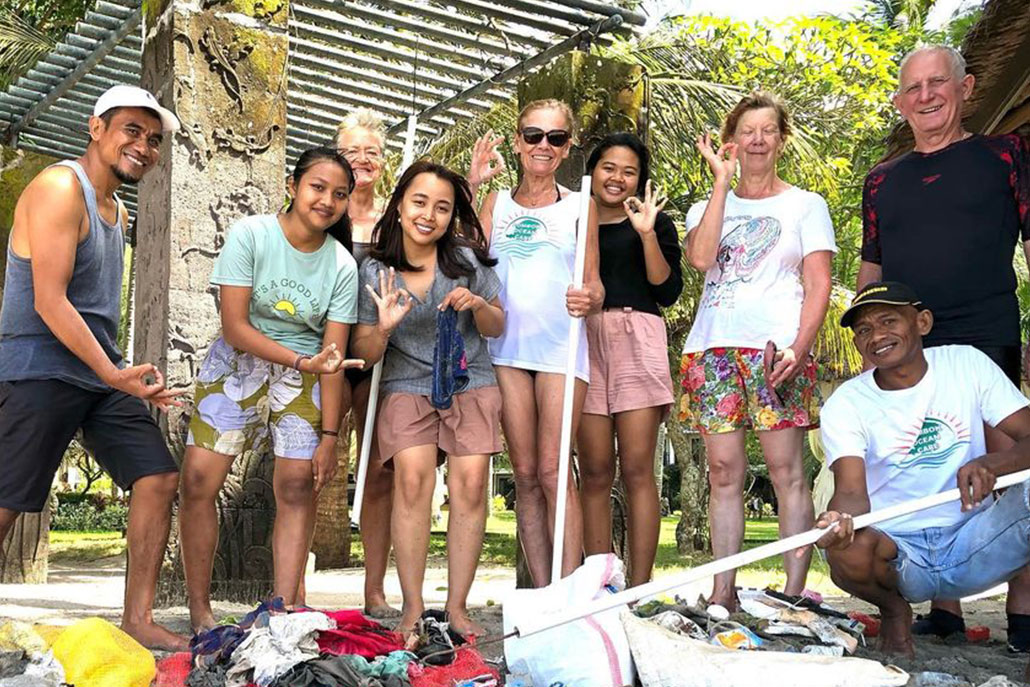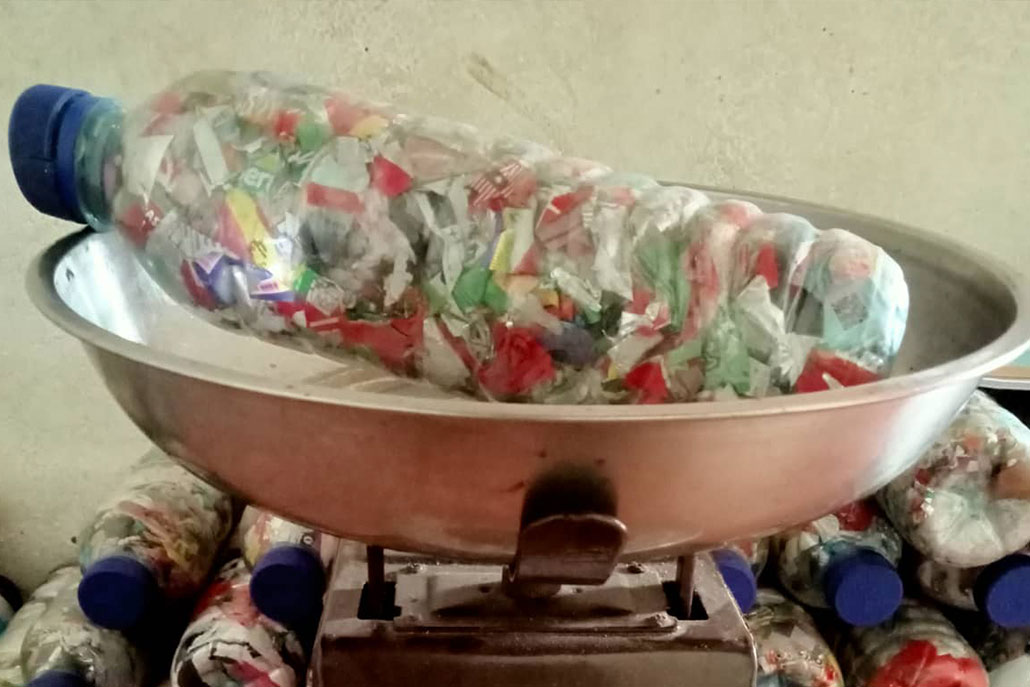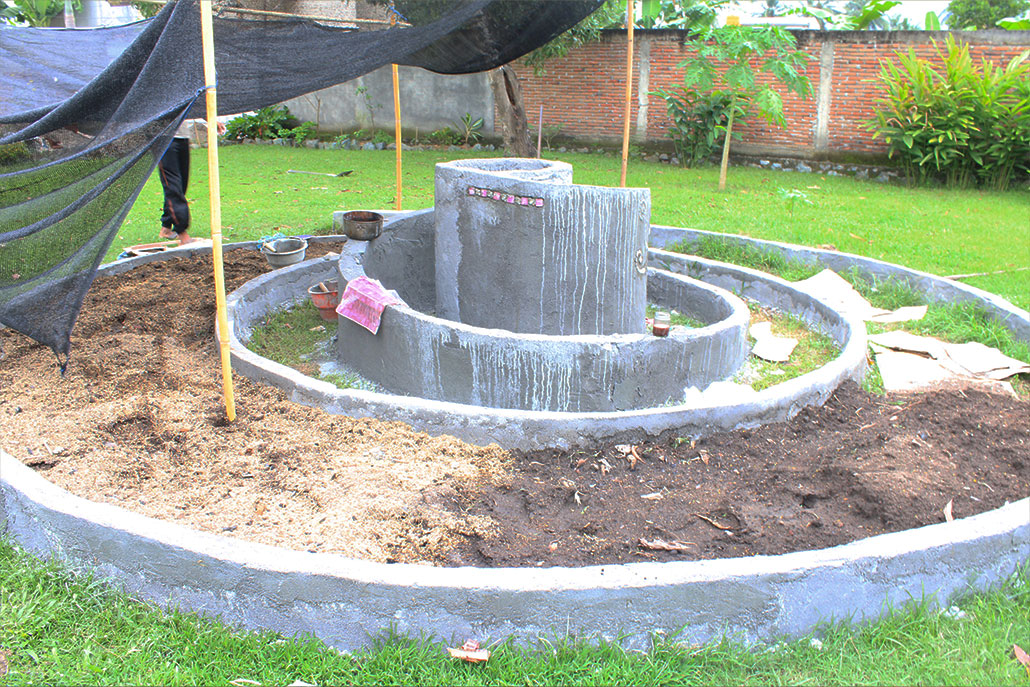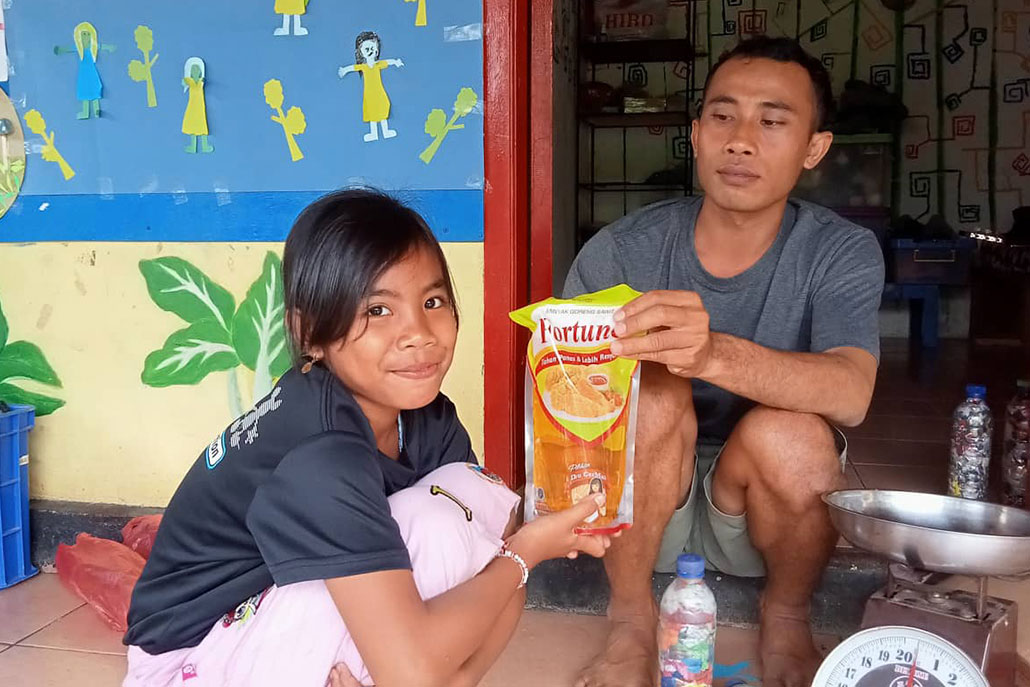Mudfish No Plastic – Indonesia




Program Description
Educator Training Program
Teaching Indonesian young adults how to run Mudfish No Plastic workshops. After being trained, they are assigned to two-person teams that are qualified to independently run Mudfish No Plastic workshops.
The educational program is three 2 1⁄2-hour workshop sessions that include: instructional lessons, quizzes, arts (singing, dancing), and crafts activities (coloring, and designing tote bags)
The goal is to (1) train the participants in the educational and logistical components of running Mudfish No Plastic workshops so that they are qualified to run workshops in their own schools/villages, and (2) provide them with the materials (posters, frames, coloring pages) that they will need after the training for running the workshops in the villages.
Program structure:
Workshop Session 1:
Trainees are given an introduction to the program and participate in an example Mudfish No Plastic workshop.
Workshop Session 2:
Trainees are taught how to use the posters we provide to teach about the negative effects of single-use plastic on the environment, the importance of properly separating and disposing of plastic waste, understanding the water cycle and importance of drinking water to have a healthy body, the personal responsibility the children need in order to reduce their use of single-use plastic and to properly disposing of plastic waste, and the songs and dances used in the workshops.
Workshop Session 3:
Trainees are split into groups with one group taking the part of the teachers and the other group the part of the students during a workshop simulation. Trainees share their experiences during the previous sessions and anything that they do not understand or need more guidance on.
Children Workshops
(The trainees from the Educator Training Program attend as observers)
Our children’s educational program consists of four 2 1⁄2-hour workshops that are focused on improving their understanding and care about plastic pollution to instigate long-lasting behavioral change to reduce single-use plastic.
The workshops use instructional lessons, quizzes, arts (singing, dancing), and crafts activities (coloring, and designing tote bags) to provide the children with a holistic view and understanding of the single-use plastic problem, and its connection to our health, and the environment, and to provide practical solutions to them and their community to encourage positive actions for responsible waste disposal and reduced consumption of single-use plastics.
Program structure:
Workshop 1:
A focus on the negative impacts of plastic pollution on the environment and the importance of responsible consumption, separation, and disposal of plastics
Workshop 2:
Understanding the dangers of single-use plastics, specifically microplastics, and the importance of clean drinking water.
Workshop 3:
Comprehensive overview of the problem of plastic pollution and connection between plastic pollution, the water cycle, and humans.
Workshop 4
Reinforcement of the lessons, and an emphasis on the role of the participants and their actions in dealing with single-use plastic pollution. Final workshop also involves a community clean-up activity.
